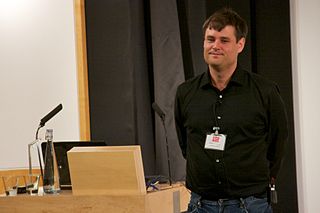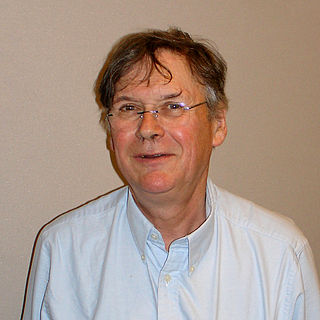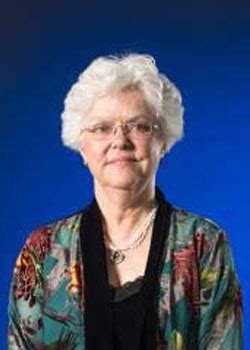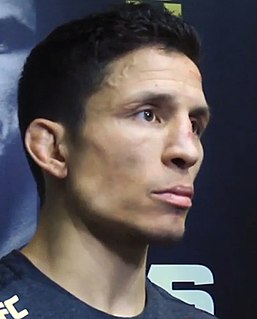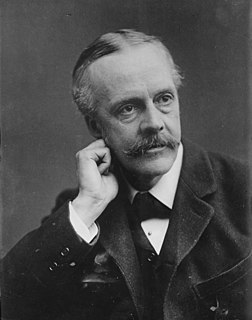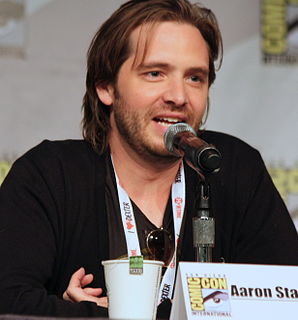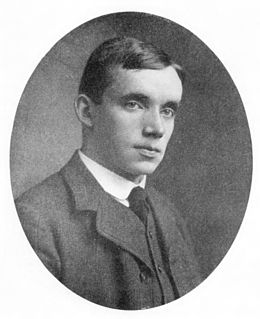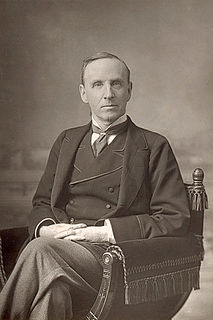Top 1200 Great Science Quotes & Sayings - Page 4
Explore popular Great Science quotes.
Last updated on December 22, 2024.
Savoir souffrir sans se plaindre, ça c'est la seule chose pratique, c'est la grande science, la leçon à apprendre, la solution du problème de la vie.[Knowing how to suffer without complaining is the only practical thing, it's the great science, the lesson to learn, the solution to the problem of life.]
If the term education may be understood in so large a sense as to include all that belongs to the improvement of the mind, either by the acquisition of the knowledge of others or by increase of it through its own exertions, we learn by them what is the kind of education science offers to man. It teaches us to be neglectful of nothing - not to despise the small beginnings, for they precede of necessity all great things in the knowledge of science, either pure or applied.
The progress of science is tremendously disorderly, and the motivations that lead to this progress are tremendously varied, and the reasons why scientists go into science, the personal motivations, are tremendously varied. I have said ... that science is a haven for freaks, that people go into science because they are misfits, and that it is a sheltered place where they can spin their own yarn and have recognition, be tolerated and happy, and have approval for it.
Its a consequence of the experience of science. As you learn more and more about the universe, you find you can understand more and more without any reference to supernatural intervention, so you lose interest in that possibility. Most scientists I know dont care enough about religion even to call themselves atheists. And that, I think, is one of the great things about science-that it has made it possible for people not to be religious.
The values of science and the values of democracy are concordant, in many cases indistinguishable. Science and democracy began - in their civilized incarnations - in the same time and place, Greece in the seventh and sixth centuries B.C. . . . Science thrives on, indeed requires, the free exchange of ideas; its values are antithetical to secrecy. Science holds to no special vantage points or privileged positions. Both science and democracy encourage unconventional opinions and vigorous debate. Both demand adequate reason, coherent argument, rigorous standards of evidence and honesty.
I think science has a better story to tell than anyone else has been able to tell and that's because it's based on the rigorous winnowing that science and scientists are always doing in order to find out what's really happening. I think it's really good to encourage generally our ability to tell stories and that's a great skill that we come by naturally, so I'm excited about that.
Economics is a theoretical science and as such abstains from any judgement of value. It is not its task to tell people what ends they should aim at. It is a science of the means to be applied for attainment of ends chosen, not, to be sure, a science of the choosing of ends. Ultimate decisions, the valuations and the choosing of ends, are beyond the scope of any science. Science never tells a man how he should act; it merely shows how a man must act if he wants to attain definite ends.
We don't know how large a proportion of the significant evidence about the universe is excluded by science. Perhaps hardly any. Perhaps so great a proportion that any body of knowledge which excludes it is hardly more than a caricature. Perhaps something in between - so that science finds truth but not the whole truth.
The term "informatics" was first defined by Saul Gorn of University of Pennsylvania in 1983 (Gorn, 1983) as computer science plus information science used in conjunction with the name of a discipline such as business administration or biology. It denotes an application of computer science and information science to the management and processing of data, information and knowledge in the named discipline.
Being a philosophical naturalist does not mean that one thinks that science can provide all of the answers. That is scientism and that is wrong. I don't think a billion buckets of science could speak to the problems raised by the Tea Party. Being a philosophical naturalist does not mean that one thinks that the only truths are those of science. I think the claim just made in the last sentence is true but I don't think it is a claim of science. It means that you use science where you can and you respect and try to emulate its standards.
Science is the only truth and it is the great lie. It knows nothing, and people think it knows everything. It is misrepresented. People think that science is electricity, automobilism, and dirigible balloons. It is something very different. It is life devouring itself. It is the sensibility transformed into intelligence. It is the need to know stifling the need to live. It is the genius of knowledge vivisecting the vital genius.
This example illustrates the differences in the effects which may be produced by research in pure or applied science. A research on the lines of applied science would doubtless have led to improvement and development of the older methods - the research in pure science has given us an entirely new and much more powerful method. In fact, research in applied science leads to reforms, research in pure science leads to revolutions, and revolutions, whether political or industrial, are exceedingly profitable things if you are on the winning side.
Science and technology have freed humanity from many burdens and given us this new perspective and great power. This power can be used for the good of all. If wisdom governs our actions; but if the world is mad or foolish, it can destroy itself just when great advances and triumphs are almost without its grasp.
The Genealogical Science is a wonderful account of how old-fashioned race science has come to be re-defined by resort to the most recent developments in genetics. But this book is not simply another story of the ideological uses to which science may be put. Nadia Abu El-Haj has provided the reader with a very detailed analysis of the historical entanglement between science and politics. Her study should be required reading for anyone interested in the sociology of science-and also for those dealing with Middle Eastern nationalisms. This is a work of outstanding value for scholarship.
There is a world of science necessary in choosing books. I have known some people in great sorrow fly to a novel, or the last light book in fashion. One might as well take a rose-draught for the plague! Light reading does not do when the heart is really heavy. I am told that Goethe, when he lost his son, took to study a science that was new to him. Ah! Goethe was a physician who knew what he was about.
Even mistaken hypotheses and theories are of use in leading to discoveries. This remark is true in all the sciences. The alchemists founded chemistry by pursuing chimerical problems and theories which are false. In physical science, which is more advanced than biology, we might still cite men of science who make great discoveries by relying on false theories.














